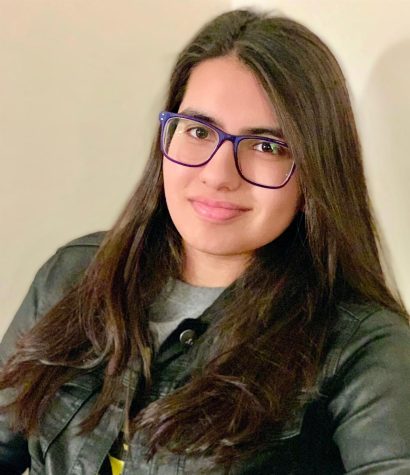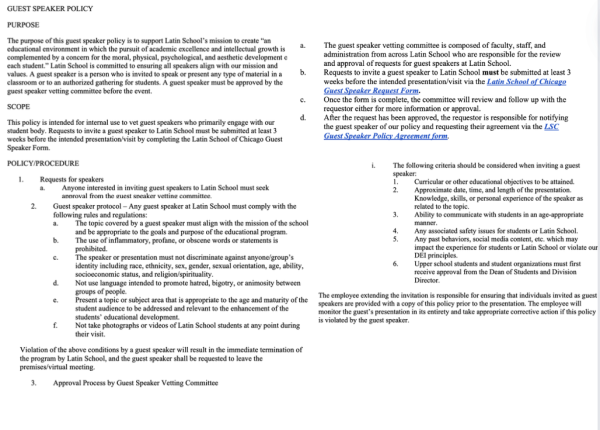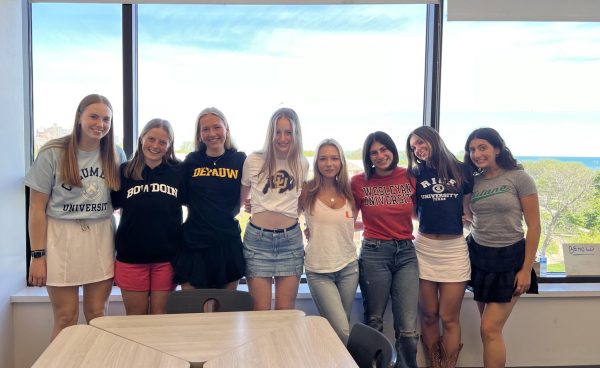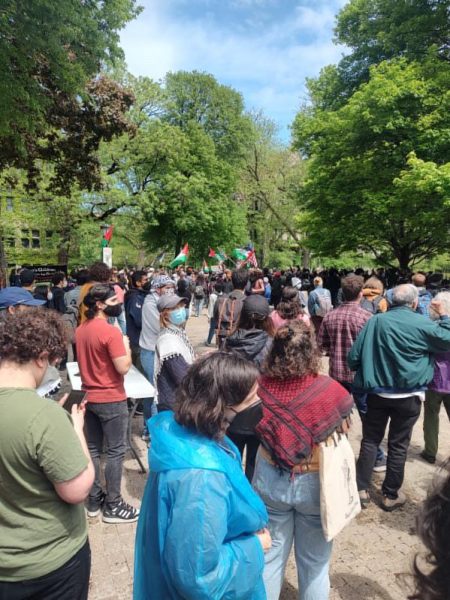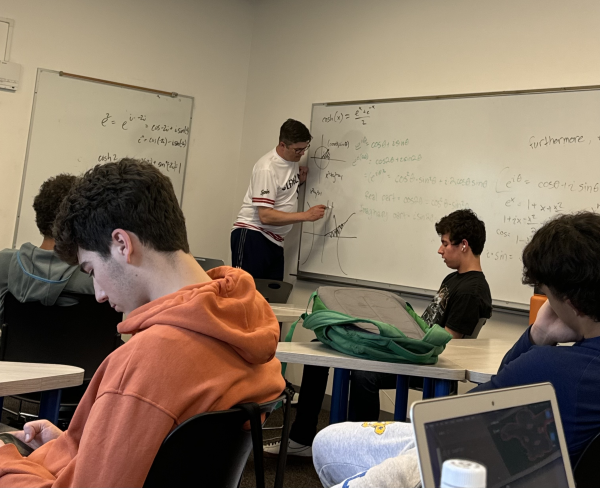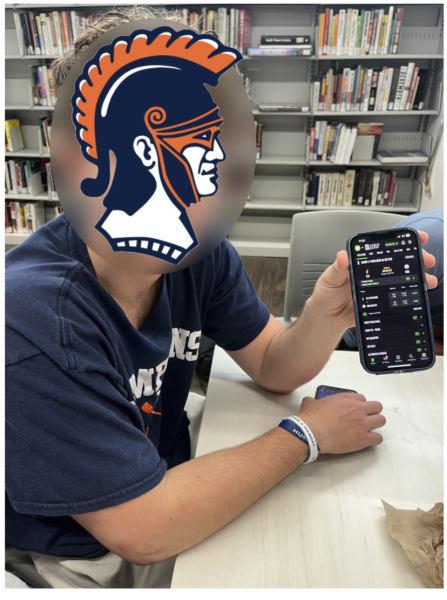Quarantine: A Time of Reflection and Change for Affinity Groups
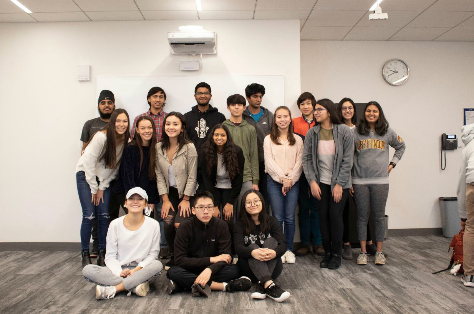
April 18, 2020
After the pandemic pushed Latin’s shift to online communication, leaders of various affinities have not only reconnected virtually but also considered why affinities matter to them. Below are their stories.
Asian Student Alliance (ASA) senior head Sehar Dey-Kohli explains that “ASA is like a family and we want to support each other in any way we can,” especially during the quarantine. On Friday, April 10th, she organized an ASA video conference in which members continued a conversation about COVID-19’s social impact. Dey-Kohli plans to “engage in more online video calls and have members bring up what resonates with them most in this trying time.”
The Latin American Student Organization (LASO) has also held a video call, sophomore head David Cordon reporting that students “just talked about how the break was and how online classes have been for everyone.” He says LASO “still has the same meaning for me” as a space to enjoy himself. Fellow sophomore head Luis Soto has a similar take on remote affinities, believing “quarantine has done nothing but amplify my perspective on [their] purpose,” although he thinks “the only disadvantage is that we cannot be together.”
Zemzem Mohammed, a junior head of the Black Student Union (BSU), also misses interacting with others in person. “I can’t go up and say hi to someone or hug them,” Mohammed says. She and the BSU use Snapchat as a platform to “check up on each other” whenever possible. Mohammed hopes to use her position to support other BSU members and “find a way to make [the affinity] as it was before.”
Junior Nicholas Pranger, a co-head of the Gender and Sexual Minorities affinity, anticipates hosting a video conference on Friday, April 17th. According to Pranger, “the advantages of online affinities are that they are more private, so hopefully, everyone will feel more comfortable.” Quarantine has taught him that “Latin’s affinities play an amazing role in school culture.”
For Annie Goldenberg, a senior head of the Chronic Illnesses and Disabilities Alliance (CIDA), having a space to talk about COVID-19 is an integral part of her community engagement. “Being someone who is in the at-risk population that coronavirus hits hard, being able to talk to people in the same boat as me is so, so comforting,” says Goldenberg.
All the leaders’ insights show how Latin’s relationship with affinities has grown stronger despite the drawbacks of meeting online. Many stress the importance of reaching out to those who aren’t involved with any group, maintaining Latin’s goal of making everyone feel welcome. Sophomore LASO head Caroline Cruz shares, “We are family. We are here for you whether you come [to meetings] or you don’t.”.






































